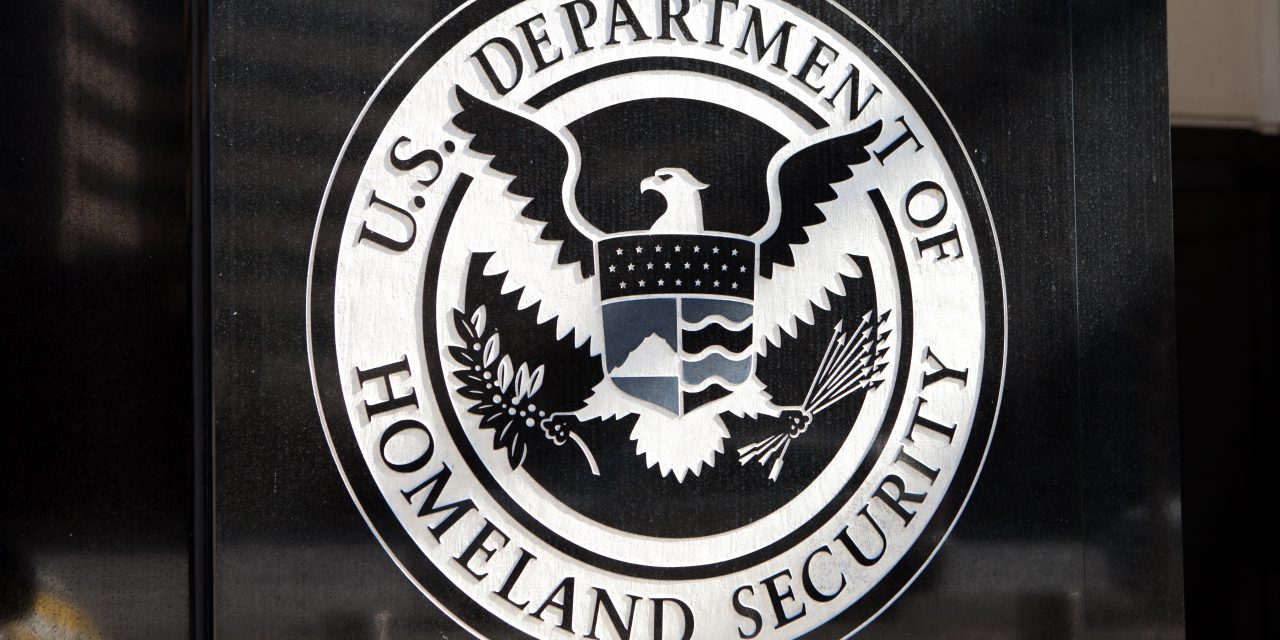Recently released internal communications at Immigration and Customs Enforcement (ICE) reveal a plan to restart the deportation cases of hundreds of thousands of people whose cases are currently administratively closed. This initiative has the potential to swell the immigration court backlog (currently at 730,000 cases) to over one million cases.
Administrative closure is a docket-management tool which allows immigration judges to temporarily take a case off of their docket. Immigration judges typically grant administrative closure to allow an immigrant to seek relief outside of immigration court or because ICE exercised prosecutorial discretion and decided not to move forward with a case. Once ICE or an immigrant in removal proceedings chooses to move forward with the case, they can ask the judge to “recalendar” the case by placing it back on the docket.
When Attorney General Jeff Sessions overturned decades of precedent in May 2018 by stripping immigration judges and the Board of Immigration Appeals of their general authority to administratively close cases, he left ICE with the decision to recalendar over 355,000 cases currently administratively closed. The newly-released instructions to ICE prosecutors reveal that ICE intends to recalendar virtually all of those cases.
ICE prosecutors are instructed to prioritize recalendaring cases where the immigrant is detained, followed by all cases where the immigrant has a criminal record. Next, the agency will prioritize cases where ICE’s most recent motion to recalendar was denied, followed by those that administratively closed over ICE’s objections. Finally, it directs local offices to recalendar the remaining cases through a “case-by-case determination … considering available resources and the existing backlog in the local docket.”
This last instruction has the potential to seriously limit the effect of ICE’s new policy. Because the agency’s resources are already strained by prosecuting new cases brought under the Trump administration, local ICE offices may not have the resources to recalendar many of the cases included in that last group. However, by indicating that the agency views virtually all 355,000 cases as legitimate targets for future enforcement, any immigrant whose case is currently administratively closed now faces an uncertain future.
If fully implemented, ICE’s new guidance would have a significant effect on the tens of thousands of people who had their cases administratively closed from 2012 to 2016. Most cases administratively closed had benefited from a favorable exercise of prosecutorial discretion after the Obama administration determined that they were not an enforcement priority. Now, with the elimination of immigration enforcement priorities under the current administration, ICE may haul them back to immigration court again.
ICE’s plan shows that the agency is eager to seek deportation of all who cross their path, regardless of whether they should be a priority for immigration enforcement or whether the agency will overwhelm the immigration court system in the process. In fact, an independent report commissioned by the immigration courts in 2017 recommended that more cases be administratively closed as an effective tool to reduce the backlog.
The administration must make smarter use of its limited resources to ensure that enforcement does not needlessly harm countless people who pose no risk to public safety.
FILED UNDER: Administrative Closure, Department of Homeland Security, Donald Trump, featured, Immigration and Customs Enforcement, immigration backlog, Jeff Sessions, prosecutorial discretion


